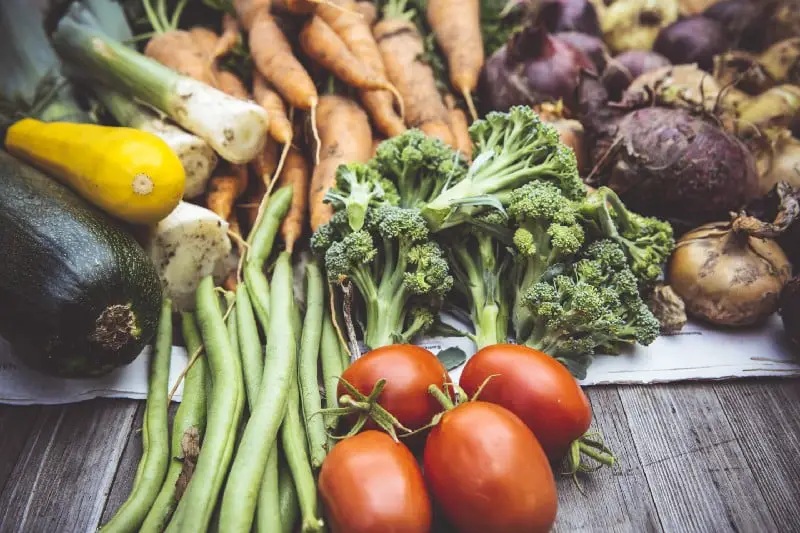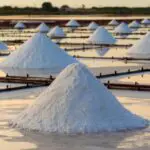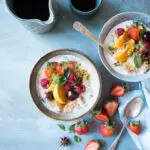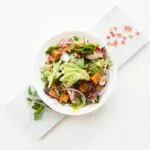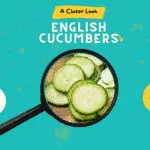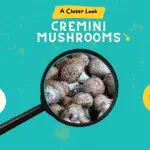Table of Contents
Wet Texturization doesn’t sound so healthy…
We have all been told off for eating too much meat at some point or another, it is undeniably destroying the planet and causing countless suffering to billions of animals each year — so why do we keep ignoring the warning signs when we could swap over to a meatless or whole food plant based diet?
After all, they are hugely popular right now, so much so that plant-centric diets are seemingly everywhere. Celebrities and Olympians alike are coming out in droves to support the health benefits of slashing your meat intake, but what exactly are the differences to the types of approaches they are recommending?
And is a Whole Food Plant Based diet something that sounds right for your health?
What is the Main Difference Between a Vegan and a Whole Food Plant Based Diet (WHPB)?
First of all, a large proportion of Vegan diets stem from the same motivation, to eliminate the suffering of animals from their consumption habits, or to reduce their impact on climate change; this approach primarily focuses on simply reducing the negative impact of their choices and eating accordingly.
On the other hand, although many members of a WHPB diet share the same concerns, the primary focus is on the health benefits of consuming unprocessed food from natural sources. Doing so is claimed to:
- Lower cholesterol
- Lower blood sugar
- Prevent and treat the effects of Type 2 Diabetes
- Aid in weight loss

By consuming primarily unprocessed foods, the body is considered as being in a state of repair, and after the initial trial period, it is considered to be running much more effectively and efficiently.
Okay, so now you know the differences in motivation, let’s look at the different approaches to specific food groups.
Main Foods You Can’t Eat When You Are on a Vegan Diet
- Red Meat (Beef, Lamb, Pork)
- Fish
- Anything derived from animals (Cheese, Butter, Eggs, Milk, Ice-cream…)
- Honey
They care about the bees too!
Main Foods You Can’t Eat When You Are on a WFPB Diet
- Added Sugars (Including soda, cookies, cereals and table sugar)
- Processed Vegan-friendly foods
- Artificial Sweeteners
- Oils
- Refined Grains
- Meat and Fish (This can change somewhat from person to person)
You might think these look very similar, and that’s because they are. It just so happens that eating mostly unprocessed foods happens to have some overlap with the meat industry — which is an alarming realisation by itself.
But the WFPB approach goes a little further, where a Vegan snack may include fries or potato chips, the restriction on oils in the approach requires abstinence from what is often considered a ‘greasy snack’. Of course, not all snacks are so abhorrent to WFPB people, cliche snacks such as carrot sticks and bell pepper slices are exactly the foods that they are encouraged to eat.
One thing that they categorically do not see eye to eye on, is the inclusion of vegan alternative foods in their diet. Why? Because if the enemy is processed foods, then a vegan burger is the final boss.
So, Why Avoid Vegan Alternatives on a Whole Food Plant BasedDiet?
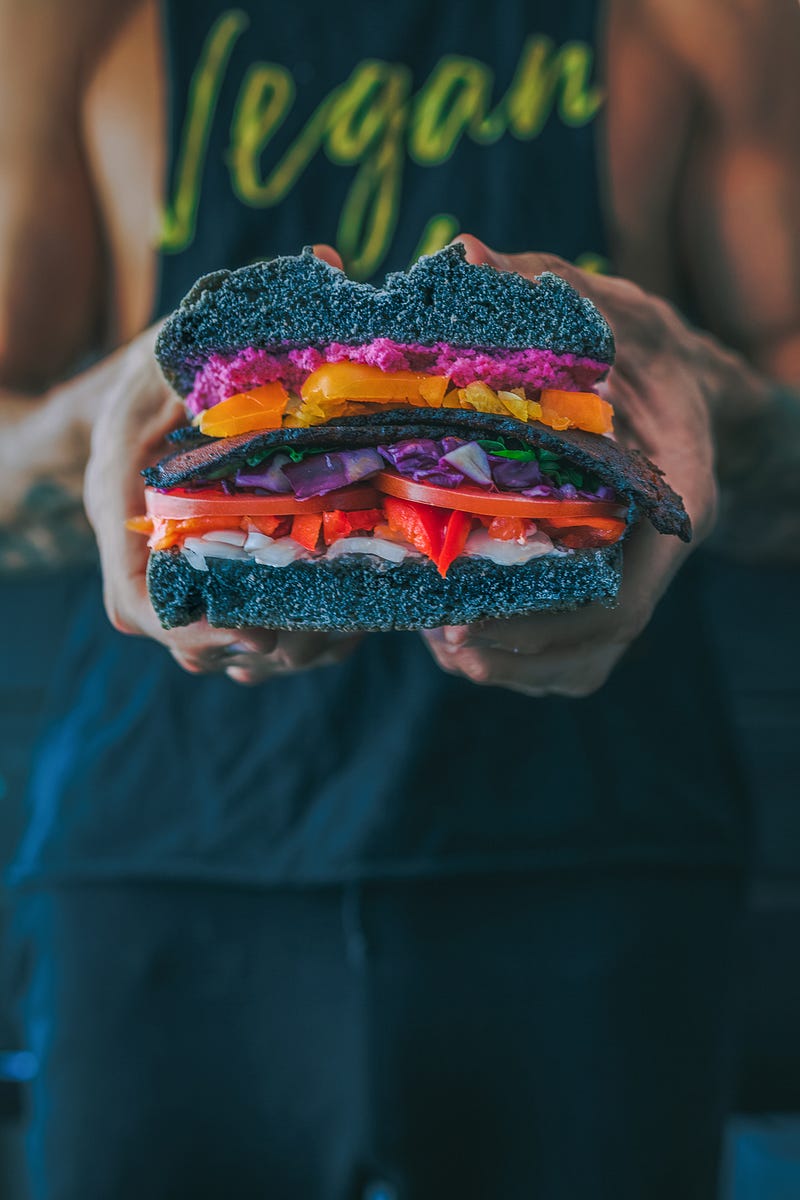
The enemy of natural nutrition is modern processing methods, I’ve written before about how whole-wheat bread adds sugar to change its colour, but Vegan alternatives are on a whole other level when it comes to processing the nutrition out of foods.
The process for creating these Frankenstein burgers usually involves:
- Rapid Heating and Cooling of Proteins
- Soy DNA Extraction
- Wet Texturization
- Others
Each of the steps in the chain of production is designed to imitate the taste and texture of meat — but by doing so it strips the ingredients of most of the nutritional value, so much so that they have to re-add it back in towards the end of production.
Also, due to the reduction in flavour-inducing ingredients, the amount of added salt is vastly increased, and in many cases so is the quantity of sugars and other artificial flavourings.
Pitfalls and Other Things to Watch Out For
We constantly hear about all of the positives of adopting a healthier diet, but what about the negatives? What drawbacks are often overlooked and what do you need to know?
Limited Choices
By definition, both diets are incredibly restrictive when it comes to the average person’s current diet. There is an abundance of seemingly conforming products that have hidden ingredients derived from animal products. Gelatin is a prime example of this, being a major ingredient in thousands of popular items such as gummy bears, marshmallows, soft drinks and even baked beans.
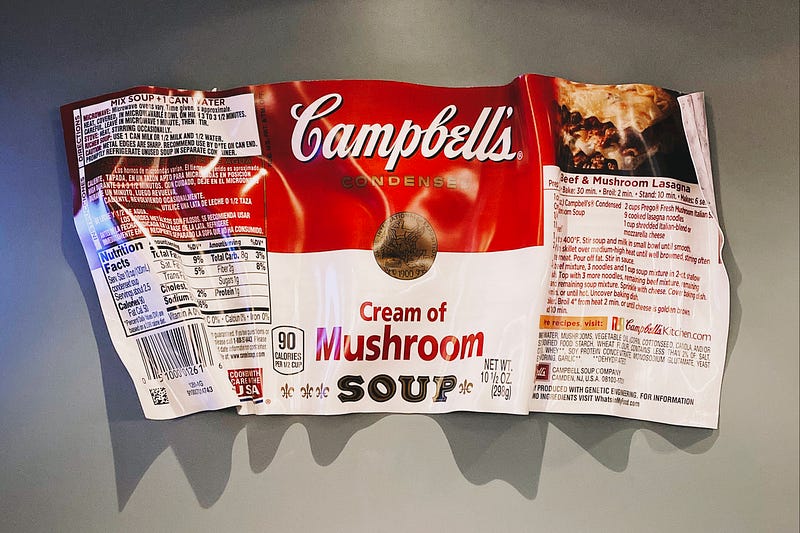
The prevalence of these types of food additives means that you have to be constantly scanning ingredient lists for offensive items and switching to a vegan diet will often remove a large number of your preferred snacks from the dinner table.
Difficulty Dining Out
Whilst not much of an issue for modern Vegan diets, whole-food plant-based diets are significantly more difficult to accommodate, the requirement for minimally processed food does not generally lend itself well to mass production and large franchise establishments.
This is an impact that will affect each person differently, and to some people could be a deal-breaker.
Whichever side you find yourself on, make sure you consider the social ramifications of forcing others to eat elsewhere.
Conclusion
The benefits of a Vegan or Whole-foods plant-based diet cannot be ignored, studies are underway that are finding large correlations between health and wellbeing, and the reduction or elimination of meat in daily consumption. However, the way that meat substitutes and other food alternatives are impacting the environment and our bodies remains to be seen.
However, when it comes to reducing animal cruelty, the results are undeniable — the real question is, can you live without meat? And if you can, how well can you live on just plants?

